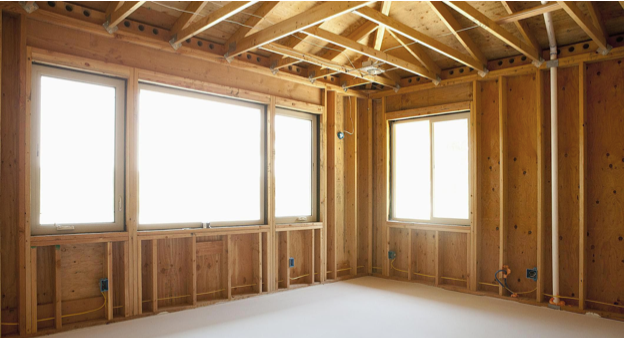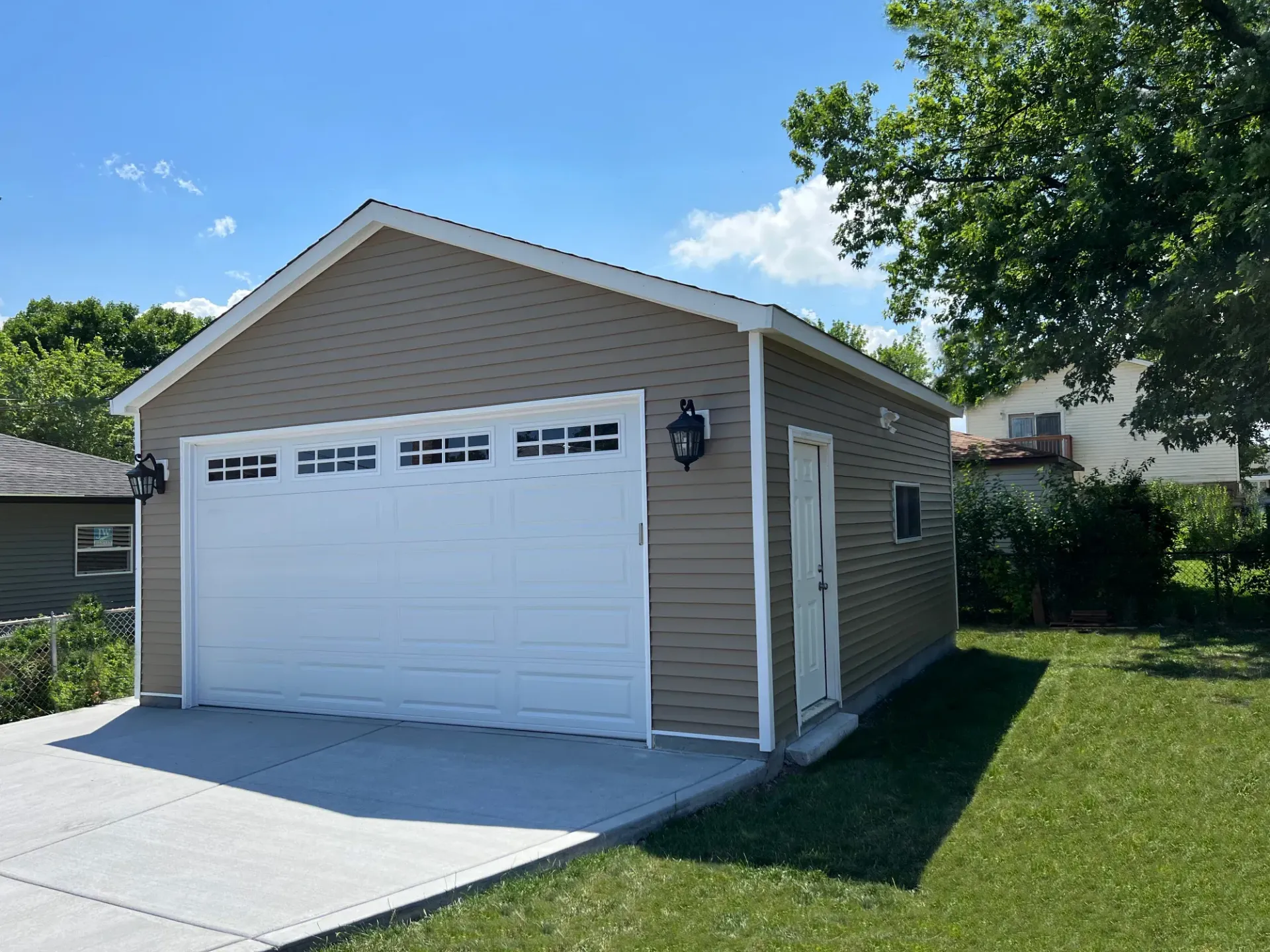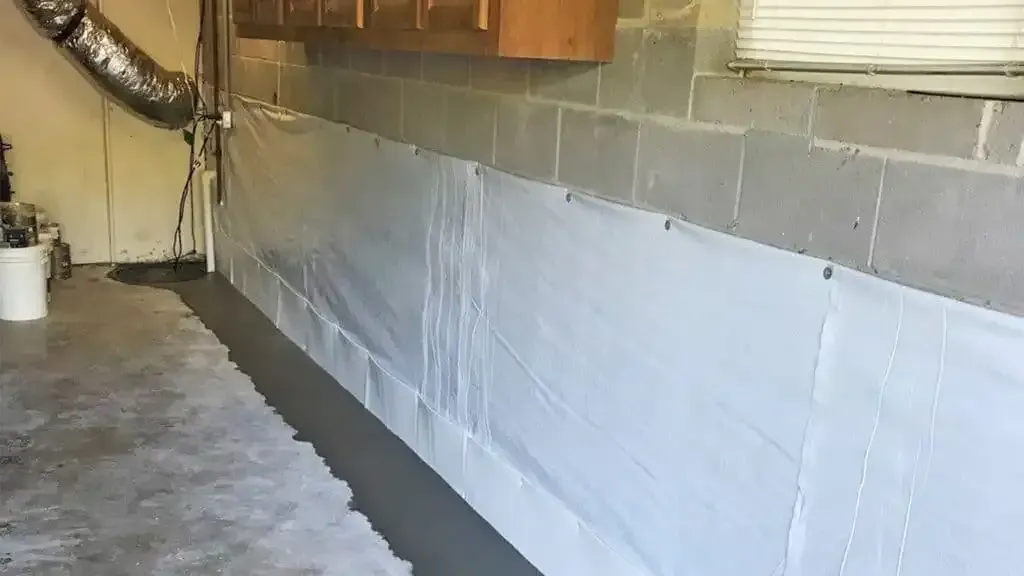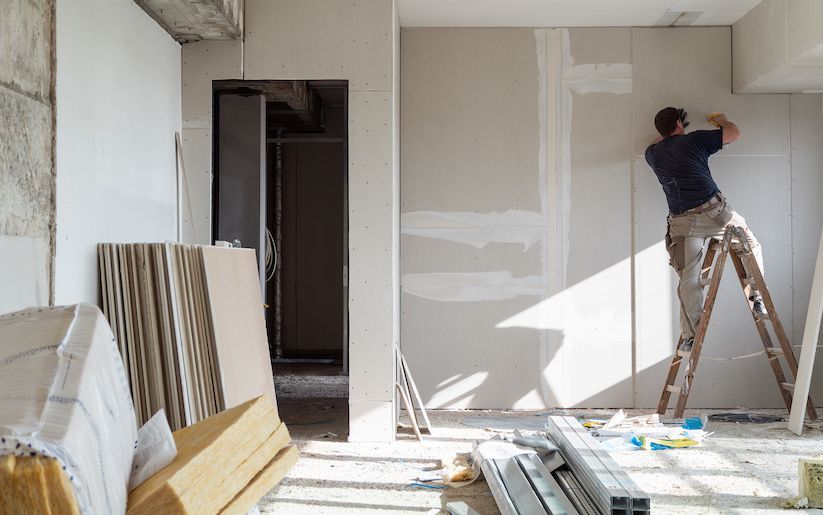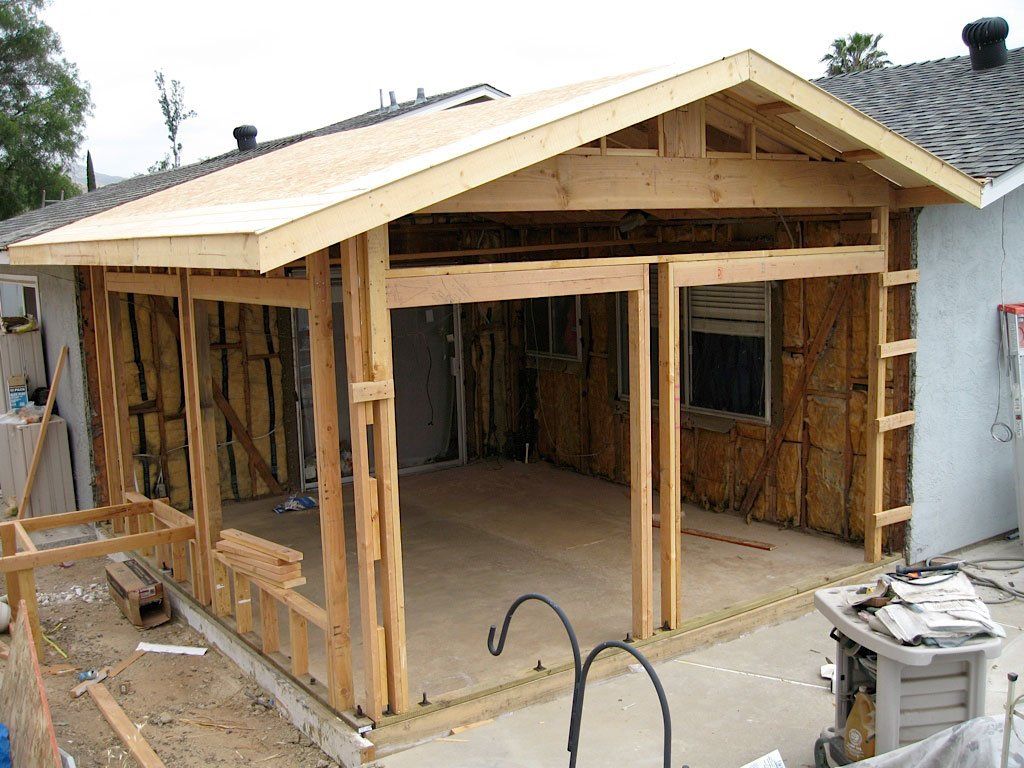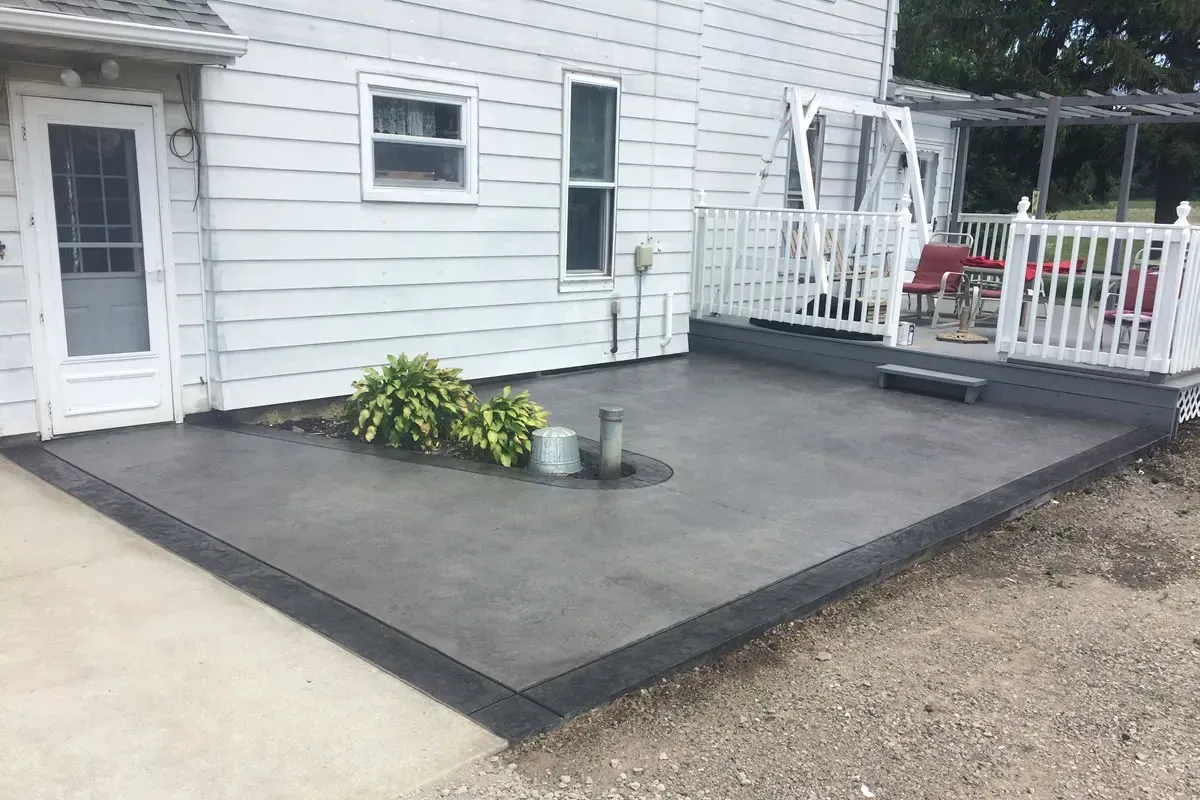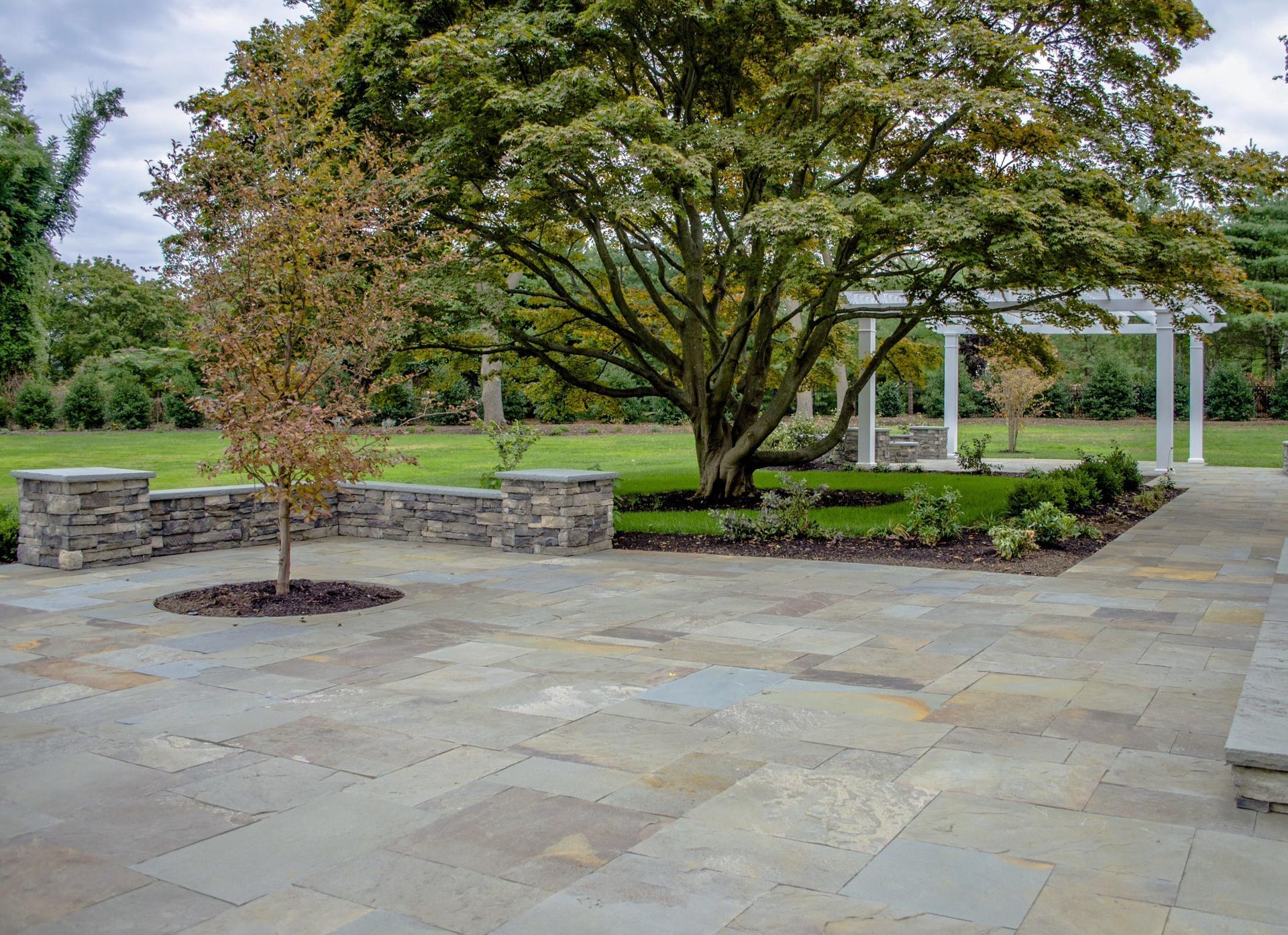Septic vs. Sewer: What’s Better for RI Homes?
Sewer connections are generally superior for Rhode Island homes when available, offering lower long-term maintenance costs, better flood resistance, and compliance with increasingly strict environmental regulations. However, septic systems remain necessary and effective for rural properties without sewer access, particularly when properly designed for Rhode Island's challenging soil and groundwater conditions.
Understanding Rhode Island's Wastewater Landscape
Municipal Sewer Coverage
Rhode Island's sewer infrastructure varies dramatically across the state's 39 cities and towns. Urban areas like Providence, Warwick, and Cranston offer comprehensive sewer coverage, while rural communities in Washington County and parts of Kent County rely heavily on septic systems.
Current Sewer Coverage Statistics:
- Providence County: 85% sewer coverage
- Kent County: 70% sewer coverage
- Washington County: 45% sewer coverage
- Newport County: 60% sewer coverage
- Bristol County: 75% sewer coverage
Environmental Regulatory Framework
Rhode Island's Department of Environmental Management (RIDEM) maintains strict oversight of wastewater systems due to the state's vulnerability to groundwater contamination and coastal pollution. The Narragansett Bay watershed protection requirements significantly impact system choices throughout much of the state.
Geographic Challenges
High Water Table: Much of Rhode Island sits on glacial deposits with water tables often within 2-4 feet of surface, creating challenges for both septic and sewer systems.
Coastal Flooding: With 400 miles of coastline and frequent storm surge events, flood-resistant wastewater systems are essential for many properties.
Dense Development: Rhode Island's high population density (1,061 people per square mile) strains individual septic systems and favors centralized sewer infrastructure.
Sewer Systems in Rhode Island
How Municipal Sewer Systems Work
Municipal sewer systems collect wastewater from homes through a network of pipes, transporting it to centralized treatment facilities. In Rhode Island, treated water is typically discharged to Narragansett Bay, the Atlantic Ocean, or major rivers after meeting strict environmental standards.
Advantages of Sewer Connections in Rhode Island
Lower Long-Term Costs: Once connected, sewer systems require minimal homeowner maintenance beyond monthly service fees. Rhode Island sewer fees average $40-80 monthly, significantly less than septic maintenance over time.
Flood Resistance: Sewer systems perform better during Rhode Island's frequent coastal flooding events. While septic systems can fail catastrophically when flooded, sewer systems typically resume normal function once flood waters recede.
No Space Requirements: Sewer connections require no yard space for drain fields, crucial for Rhode Island's small urban lots averaging 0.2 acres in developed areas.
Environmental Compliance: Municipal treatment facilities handle environmental regulations, removing this burden from individual homeowners while ensuring consistent compliance with Narragansett Bay protection requirements.
Unlimited Capacity: Sewer systems handle any reasonable household wastewater volume without the capacity limitations that constrain septic systems.
Property Value: Homes with sewer connections typically command 5-10% higher prices in Rhode Island's competitive real estate market.
No Pumping Requirements: Eliminates the need for regular septic pumping, which costs $300-500 every 3-5 years in Rhode Island.
Winter Reliability: Sewer systems avoid freeze-related issues that can affect shallow septic components during Rhode Island's cold winters.
Disadvantages of Sewer Connections
High Connection Costs: Initial sewer hookup fees in Rhode Island range from $5,000-15,000, depending on municipality and distance to main lines.
Monthly Fees: Ongoing sewer fees add $480-960 annually to housing costs, though this often equals or exceeds septic maintenance costs over time.
Limited Availability: Many rural Rhode Island areas lack sewer infrastructure, making connection impossible without major municipal investment.
Vulnerability to System Issues: Municipal system problems can affect entire neighborhoods, though this is rare in Rhode Island's well-maintained systems.
Loss of Independence: Homeowners lose control over their wastewater treatment and become dependent on municipal services.
Septic Systems in Rhode Island
How Septic Systems Function
Septic systems treat wastewater on-site using a septic tank for initial treatment and a leach field (drain field) for final soil filtration. In Rhode Island's challenging conditions, systems often require additional components like pumps, advanced treatment units, or specialized drainage.
Advantages of Septic Systems in Rhode Island
Lower Initial Costs: New septic system installation costs $8,000-20,000 in Rhode Island, often less than sewer connection fees in many municipalities.
Independence: Homeowners maintain complete control over their wastewater treatment without relying on municipal infrastructure or facing service interruptions.
Rural Availability: Septic systems work anywhere, making them essential for Rhode Island's rural properties without access to sewer lines.
No Monthly Fees: Once installed, septic systems have no ongoing service fees, though maintenance costs accumulate over time.
Environmental Benefits: Properly functioning septic systems can provide excellent wastewater treatment with minimal environmental impact when appropriately sited.
Longevity: Well-maintained septic systems can last 25-30 years in Rhode Island conditions, providing decades of reliable service.
Disadvantages of Septic Systems in Rhode Island
High Maintenance Requirements: Rhode Island's challenging conditions require pumping every 3-5 years ($300-500), annual inspections ($150-300), and potential repairs ($1,000-5,000).
Flood Vulnerability: Rhode Island's coastal flooding and high water tables can cause septic system failures, requiring expensive repairs and creating health hazards.
Space Requirements: Septic systems need adequate yard space for tanks and leach fields, challenging on small Rhode Island lots.
Soil Limitations: Rhode Island's clay-heavy glacial soils often require expensive engineered systems or alternative designs costing $15,000-35,000.
Environmental Risks: Failed septic systems can contaminate groundwater and contribute to nitrogen pollution in Narragansett Bay, leading to regulatory enforcement.
Capacity Limitations: Septic systems have fixed capacity limits that can't accommodate growing families or increased water usage.
Complex Regulations: Rhode Island's septic regulations are increasingly complex, requiring professional design and permitting for most installations.
Winter Challenges: Frozen pipes, pumps, and components can cause system failures during Rhode Island's harsh winters.
Rhode Island Soil and Site Considerations
Soil Types and Challenges
Glacial Till: Common throughout Rhode Island, these dense soils drain poorly and often require engineered septic solutions.
Clay Deposits: Prevalent in low-lying areas, clay soils prevent proper septic drainage and may require alternative systems.
Sandy Soils: Found in some coastal areas, sandy soils drain well but may allow contaminants to reach groundwater too quickly.
Ledge and Bedrock: Common in western Rhode Island, shallow soils over bedrock complicate both septic and sewer installations.
Site Evaluation Requirements
Percolation Tests: Required for all septic installations, these tests determine soil drainage rates and system sizing. Rhode Island requires licensed professionals to conduct perc tests.
Groundwater Assessment: High water tables throughout Rhode Island require careful evaluation to prevent septic system flooding and contamination.
Setback Requirements: Rhode Island mandates specific distances from wells, property lines, and water bodies, often challenging on small lots.
Topography Analysis: Slopes, drainage patterns, and flood zones all impact system choice and design in Rhode Island's varied terrain.
Cost Comparison: Septic vs. Sewer in Rhode Island
Initial Installation Costs
Sewer Connection Costs:
- Providence: $8,000-12,000 connection fee
- Warwick: $6,000-10,000 connection fee
- Newport: $10,000-15,000 connection fee
- Cranston: $7,000-11,000 connection fee
- Installation labor: $2,000-5,000
Septic System Costs:
- Conventional systems: $8,000-15,000
- Advanced treatment systems: $15,000-25,000
- Engineered systems: $20,000-35,000
- Pump systems: $12,000-20,000
20-Year Cost Analysis
Sewer System Costs (20 years):
- Initial connection: $10,000 average
- Monthly fees ($60 average): $14,400
- Occasional repairs: $500
- Total 20-year cost: $24,900
Septic System Costs (20 years):
- Initial installation: $15,000 average
- Pumping (6 times): $2,400
- Inspections: $4,000
- Repairs/maintenance: $3,000
- Total 20-year cost: $24,400
Long-Term Value Considerations
Property Value Impact:
- Sewer connections add 5-10% to home values
- Well-maintained septic systems maintain property value
- Failed septic systems can reduce property value 10-15%
- Sewer availability often required for property subdivision
Insurance Considerations:
- Some insurers offer discounts for sewer-connected properties
- Septic system failures may not be covered by standard homeowners insurance
- Flood insurance may be more expensive for septic-dependent properties
Environmental Impact and Regulations
Rhode Island Environmental Regulations
RIDEM Requirements: The Rhode Island Department of Environmental Management oversees both septic and sewer regulations, with increasing focus on nitrogen reduction and bay protection.
Narragansett Bay Watershed: Properties in the bay watershed face additional restrictions and may require advanced treatment systems regardless of choice.
Groundwater Protection: Rhode Island's sole-source aquifer designations create strict requirements for wastewater treatment in many areas.
Environmental Performance
Septic Systems:
- Can provide excellent treatment when properly maintained
- Risk of groundwater contamination if systems fail
- Nitrogen discharge concerns in sensitive watersheds
- Individual system failures can have localized environmental impact
Sewer Systems:
- Centralized treatment provides consistent environmental protection
- Advanced treatment capabilities at municipal facilities
- Reduced risk of individual system failures affecting environment
- Better monitoring and regulatory compliance
Climate Change Considerations
Sea Level Rise: Rhode Island's coastal properties face increasing flood risks that favor sewer systems over septic installations.
Increased Precipitation: Climate change projections show increased rainfall that challenges septic system capacity and performance.
Storm Intensity: More frequent severe storms create flooding conditions that can overwhelm septic systems.
Municipal Sewer Availability by Rhode Island Community
Providence County
Full Sewer Coverage:
- Providence: Complete coverage, mandatory connections in most areas
- Cranston: 95% coverage, ongoing expansion projects
- Warwick: 90% coverage, rural areas still on septic
- Pawtucket: Complete coverage, older infrastructure
Partial Coverage:
- Johnston: 70% coverage, rural areas on septic
- North Providence: 85% coverage
- West Warwick: 80% coverage
- Smithfield: 60% coverage, rural areas on septic
Kent County
Mixed Systems:
- East Greenwich: 75% sewer, upscale areas often on septic by choice
- Coventry: 50% coverage, large rural areas on septic
- West Greenwich: 30% coverage, mostly rural septic systems
Washington County
Limited Sewer Coverage:
- Narragansett: 60% coverage, coastal areas prioritized
- South Kingstown: 40% coverage, URI area and villages
- Westerly: 70% coverage, downtown and coastal areas
- Richmond: 20% coverage, mostly rural septic systems
- Exeter: 15% coverage, primarily rural septic systems
Newport County
Variable Coverage:
- Newport: 95% coverage, historic preservation considerations
- Middletown: 70% coverage, naval station and developed areas
- Portsmouth: 60% coverage, rural areas on septic
- Jamestown: 80% coverage, island infrastructure challenges
Bristol County
Established Systems:
- Bristol: 85% coverage, waterfront areas prioritized
- Warren: 80% coverage, compact town layout
- Barrington: 75% coverage, upscale residential areas
Health and Safety Considerations
Septic System Health Risks
Groundwater Contamination: Failed septic systems can contaminate private wells, creating serious health risks for families and neighbors.
Surface Water Pollution: Overflowing or failed systems can create unsanitary conditions in yards and contaminate nearby streams or ponds.
Disease Transmission: Improperly treated wastewater can harbor bacteria, viruses, and parasites that cause serious illnesses.
Nitrogen Pollution: Excessive nitrogen from septic systems contributes to algae blooms and oxygen depletion in Rhode Island's coastal waters.
Sewer System Safety
Backup Risks: Sewer backups can occur during heavy rains but are typically covered by municipal insurance and quickly resolved.
Gas Hazards: Sewer gases can enter homes through floor drains or damaged pipes, requiring proper ventilation and maintenance.
Infrastructure Reliability: Well-maintained municipal systems provide consistent, safe wastewater treatment with professional oversight.
Maintenance Requirements
Septic System Maintenance in Rhode Island
Annual Inspections: Rhode Island requires annual septic inspections in many municipalities, costing $150-300 per year.
Regular Pumping: Systems typically require pumping every 3-5 years at $300-500 per service call.
Component Replacement: Pumps, alarms, and distribution boxes may need replacement every 10-15 years at $1,000-3,000 per component.
Emergency Repairs: Unexpected failures can cost $2,000-8,000 for major repairs or partial system replacement.
Seasonal Maintenance: Winter preparations, spring startup, and storm damage prevention require ongoing attention.
Sewer System Maintenance
Homeowner Responsibilities: Limited to occasional drain cleaning and avoiding flushing inappropriate materials.
Municipal Maintenance: Professional crews handle all system maintenance, repairs, and upgrades using public funds.
Service Interruptions: Rare and typically brief, with advance notice provided for planned maintenance.
Emergency Response: Municipal crews provide 24/7 emergency response for system issues.
Installation Process and Timeline
Septic System Installation
Design Phase (2-4 weeks):
- Site evaluation and soil testing
- System design and engineering
- Permit application and approval
- Health department review
Installation Phase (3-7 days):
- Excavation and site preparation
- Tank and component installation
- Leach field construction
- System testing and inspection
Total Timeline: 4-8 weeks from start to completion
Sewer Connection Process
Application Phase (1-3 weeks):
- Municipal application submission
- Fee payment and scheduling
- Permit acquisition
- Utility marking and preparation
Installation Phase (1-3 days):
- Excavation to main line
- Connection installation
- Interior plumbing modifications
- System testing and activation
Total Timeline: 2-4 weeks from start to completion
Making the Right Choice for Your Rhode Island Property
Choose Sewer Connection When:
Availability: Municipal sewer lines are available within reasonable connection distance (typically 200-300 feet).
High Water Table: Property has groundwater within 4 feet of surface, making septic installation challenging.
Small Lot Size: Property lacks adequate space for septic tank and leach field installation.
Flood Zone: Property is in FEMA flood zone or experiences regular seasonal flooding.
Future Development: Plans for property subdivision or significant expansion that would stress septic capacity.
Environmental Sensitivity: Property is in sensitive watersheds or near protected water bodies.
Maintenance Concerns: Homeowner prefers minimal ongoing maintenance responsibilities.
Choose Septic System When:
No Sewer Access: Municipal sewer lines are not available or connection costs are prohibitive.
Suitable Soils: Property has adequate soil conditions for conventional septic installation.
Large Lot: Sufficient space exists for proper septic system installation and future expansion.
Rural Setting: Property is in rural area where septic systems are standard and well-supported.
Independence Preference: Homeowner values independence from municipal utilities.
Lower Initial Cost: Budget constraints favor lower upfront investment over long-term operational costs.
Future Considerations and Trends
Municipal Expansion Plans
Many Rhode Island communities are expanding sewer coverage to address environmental concerns and support development:
Ongoing Projects:
- Coventry: Western area expansion planned for 2025-2027
- South Kingstown: Village area improvements and expansion
- Richmond: Limited expansion around commercial areas
- Exeter: Evaluating sewer feasibility for village areas
Regulatory Trends
Increasing Restrictions: Rhode Island continues tightening septic regulations, particularly in environmentally sensitive areas.
Advanced Treatment Requirements: More areas requiring nitrogen-reducing septic systems for bay protection.
Inspection Mandates: Expanding mandatory inspection programs for existing septic systems.
Climate Adaptation: New regulations addressing sea level rise and increased precipitation impacts.
Technology Advances
Advanced Septic Systems: New technologies provide better treatment with smaller footprints, though at higher costs.
Smart Monitoring: Remote monitoring systems help prevent septic failures and optimize maintenance.
Decentralized Treatment: Small community treatment systems offer alternatives to both individual septic and large municipal systems.
Professional Services and Support
When to Consult Professionals
System Selection: Site evaluation and system recommendation require professional expertise, particularly in Rhode Island's challenging conditions.
Permitting: Complex regulations often require professional navigation for both septic and sewer projects.
Installation: Both systems require licensed professionals for safe, compliant installation.
Maintenance: Regular professional maintenance extends system life and prevents costly failures.
Choosing Qualified Contractors
Essential Qualifications:
- Rhode Island state licensing for specific work type
- Liability insurance and workers compensation
- Local references and established reputation
- Knowledge of RIDEM regulations and local codes
Specialized Experience:
- Septic contractors: Soil evaluation, advanced treatment systems, pump installations
- Sewer contractors: Municipal connection procedures, permit navigation, excavation safety
Common Mistakes to Avoid
Septic System Mistakes
Inadequate Site Evaluation: Skipping thorough soil and groundwater testing leads to system failures and expensive repairs.
Undersized Systems: Installing systems too small for household needs causes premature failure and regulatory violations.
Poor Maintenance: Neglecting regular pumping and inspections leads to expensive repairs and environmental violations.
Inappropriate Use: Flushing inappropriate materials or using excessive household chemicals damages system components.
Sewer Connection Mistakes
Delayed Connection: Waiting too long to connect when septic systems fail can result in emergency costs and regulatory enforcement.
Inadequate Planning: Not properly planning interior plumbing modifications can increase connection costs.
Permit Oversights: Failing to obtain proper permits can delay projects and increase costs.
Contractor Selection: Choosing unqualified contractors can lead to improper installations and municipal rejection.
Need expert guidance on septic vs. sewer decisions for your Rhode Island property?
Rockhouse Construction has extensive experience with both septic system installation and sewer connections throughout the Ocean State. Our team understands Rhode Island's unique soil conditions, environmental regulations, and municipal requirements, ensuring your wastewater system choice and installation meets all local codes and performs reliably for years to come. From site evaluation and permit assistance to complete system installation, we'll help you make the right choice for your property's specific needs and conditions.
Contact us today for a comprehensive consultation on your wastewater system options.



